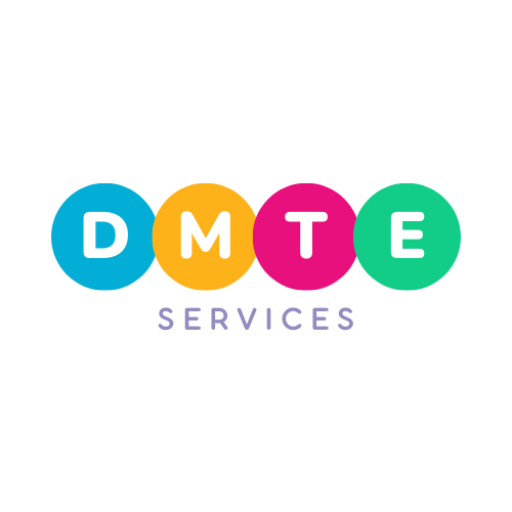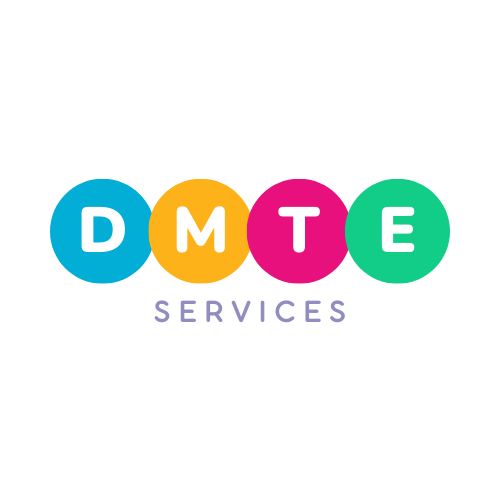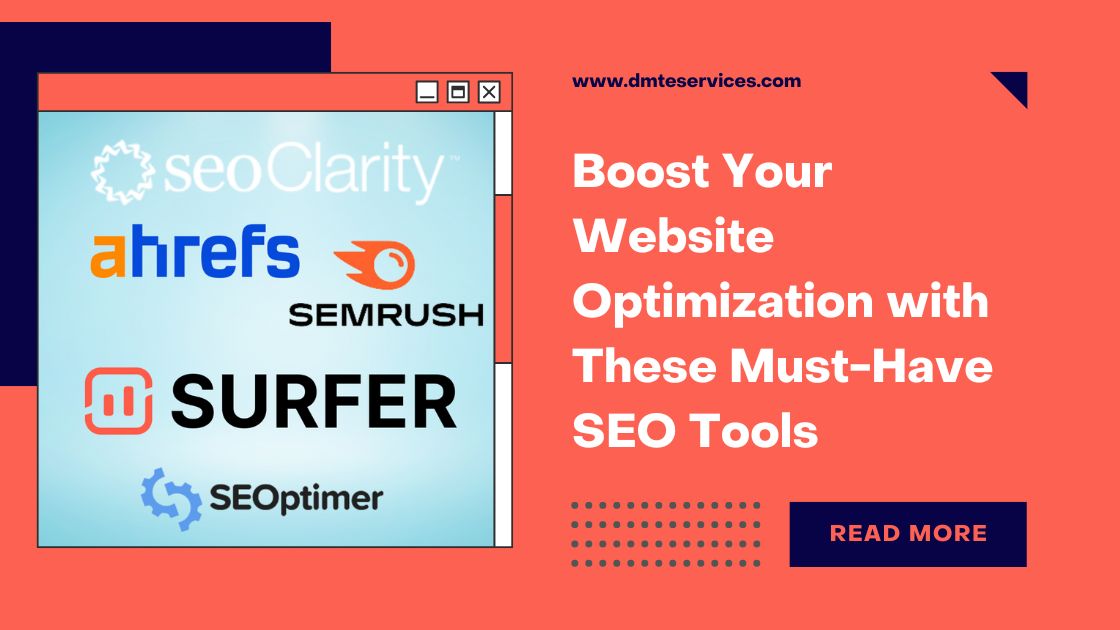Boost Your Website Optimization with These Must-Have SEO Tools
In today’s digital world, it’s essential to make sure your website stands out. One way to do this is by using SEO (Search Engine Optimization) tools. These tools help your website get noticed by search engines like Google. When your site ranks higher, more people can find it, which can lead to more visitors and potential customers. Let’s explore some easy-to-understand SEO tools that can help you optimize your website.
What Are SEO Tools?
SEO tools are software programs that help improve different aspects of your website to make it more search engine friendly. They help in various ways, such as analyzing keywords, checking website performance, and giving suggestions for improvement. Using these tools can make a big difference in how well your site performs in search results.
Types of SEO Tools
1. SEO Audit Tools
These tools analyze your website to find any issues that might be affecting its performance. They look at things like how fast your site loads, whether it’s mobile-friendly, and if there are any broken links. By fixing these issues, you can improve your site’s overall performance.
2. Keyword Research Tools
These tools help you find the best keywords to target for your website. Keywords are the words and phrases that people type into search engines. By using the right keywords, you can attract more visitors who are interested in what you offer.
3. Rank Trackers
Rank trackers monitor how well your website is doing in search engine results. They show you where your site ranks for specific keywords and how it changes over time. This helps you understand what’s working and what needs improvement.
4. All-in-One Tools
All-in-one tools combine several SEO functions into one platform. They offer features like keyword research, rank tracking, and content optimization all in one place. These tools are great for people who want a comprehensive solution for their SEO needs.
The Best SEO Tools to Use
- seoClarity for an SEO AI assistant tool
- Surfer for AI integration
- Semrush for SEO rank tracking
- SEOptimer for SEO audits
- Ahrefs for competitor research
- Clearscope for SEO content optimization
- Letterdrop for SEO content automation
- BuzzSumo for SEO content ideation
- AnswerThePublic for content research on a budget
1. seoClarity
Category: All-in-One Tool
Best for: AI Assistance
Features:
- Uses AI to help with content creation and optimization.
- Provides a wide range of SEO analysis tools.
- Offers performance scoring and keyword suggestions.
Pros:
- Comprehensive suite of tools.
- Excellent for content optimization.
- Helps automate many SEO tasks.
Cons:
- Expensive pricing plans.
- Interface can be complex.
2. Surfer
Category: SEO Audit Tool
Best for: AI Integration
Features:
- AI-powered insights for content and SERP (Search Engine Results Page).
- Keyword clustering by user intent.
- Real-time content scoring.
Pros:
- Easy to use AI features.
- Detailed insights for content improvement.
- Integrates well with WordPress.
Cons:
- Fairly expensive.
- AI features cost extra per article.
3. Semrush
Category: Rank Tracker
Best for: Rank Tracking
Features:
- Detailed keyword and SERP monitoring.
- Customizable dashboard.
- Tools for keyword gap and backlink gap analysis.
Pros:
- Extensive suite of tools.
- Great for tracking performance metrics.
- Offers additional extensions for more functionality.
Cons:
- Premium pricing.
- May not include all features found in all-in-one tools.
4. SEOptimer
Category: SEO Audit Tool
Best for: SEO Audits
Features:
- Provides performance grades for various SEO metrics.
- Offers actionable recommendations.
- Includes tools for basic fixes.
Pros:
- Simple and effective diagnostics.
- Affordable pricing.
- Easy to understand reports.
Cons:
- Limited suite of tools for fixing issues.
- Some tools are not very complex.
5. Ahrefs
Category: Rank Tracker
Best for: Competitor Research
Features:
- Accurate ranking data.
- Detailed keyword analytics.
- Competitor analysis tools like Content Gap and Link Intersect.
Pros:
- Excellent for analyzing competitors.
- Rich keyword data.
- Slightly cheaper than some other high-end tools.
Cons:
- Limited reporting tools.
- Focused mainly on analysis and monitoring.
6. Clearscope
Category: SEO audit
Best for: Website SEO audit
Pros:
- Highly detailed content insights
- Keyword discovery tool
- Page performance tracking
Cons:
- Very limited tool suite
- Premium price
- Monthly credit allotment
7. Letterdrop (Web)
Category: Hybrid
Best for: All in one use
Pros:
- Automatically turns video content into blog posts
- Has content management capabilities
- Find and Replace feature changes internal links in batches
Cons:
- Not as feature-rich as competing all-in-one SEO tools
- Reporting and diagnostic tools aren’t as rich as some competitors
8. BuzzSumo (Web)
Category: Content Research
Best for: Keyword Or Content Research
Pros:
- Rich keyword data
- Unparalleled content idea tools
- Robust suite of content analysis tools
Cons:
- Premium price
- Limited reporting features
9. AnswerThePublic (Web)
Category: Content Research
Best for: Keyword Or Content Research
P+ros:
- Very affordable, with lifetime offering on lowest tier
- Unique data visualization
- Search trend monitoring and alerts
Cons:
- Limited to keyword research data
- Only includes search data for Google, YouTube, and Bing
Why Use SEO Tools?
Improve Your Website’s Visibility
SEO tools help you understand what changes you need to make to your website so that it can rank higher in search results. Higher rankings mean more people will see your site.
Save Time
Many SEO tools automate tasks that would take a lot of time to do manually. This allows you to focus on other important aspects of your business.
Stay Ahead of Competitors
By using SEO tools, you can keep an eye on what your competitors are doing. This helps you stay ahead by finding new opportunities to improve your site.
Make Data-Driven Decisions
SEO tools provide valuable data about your website’s performance. You can use this data to make informed decisions about what changes to make.
Tips for Using SEO Tools
Start with an Audit
Use an SEO audit tool to get a clear picture of your website’s current performance. This will help you identify any issues that need fixing.
Research Keywords
Find the best keywords to target using keyword research tools. Look for keywords that have high search volume but low competition.
Track Your Progress
Use rank trackers to monitor how your website is doing over time. This will help you see the impact of the changes you make.
Optimize Your Content
Make sure your content is optimized for the keywords you’re targeting. Use tools that provide content optimization suggestions to improve your chances of ranking higher.
Keep Learning
SEO is always changing, so it’s important to stay updated with the latest trends and best practices. Follow SEO blogs, attend webinars, and keep experimenting with new tools and techniques.
Conclusion
Using the right SEO tools can make a big difference in how well your website performs. By improving your site’s visibility, saving time, staying ahead of competitors, and making data-driven decisions, you can attract more visitors and grow your business. Start by choosing a few tools that fit your needs and see how they can help boost your website optimization. Happy optimizing!


